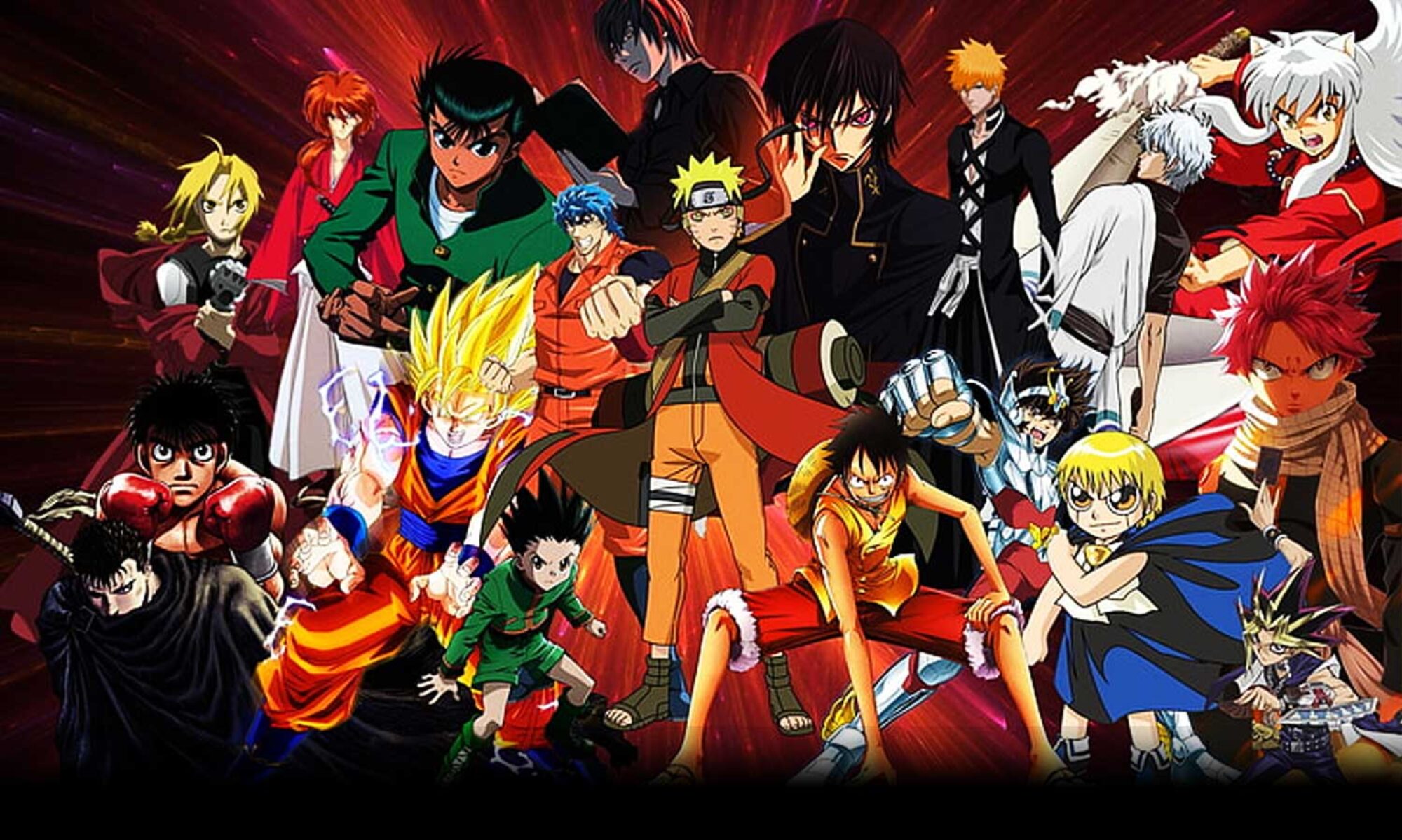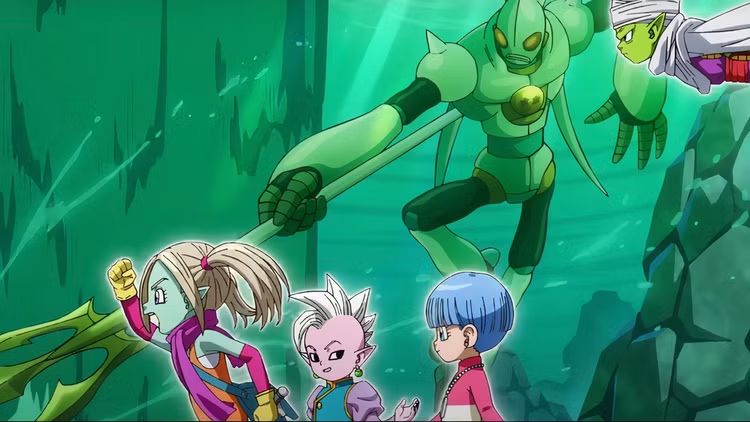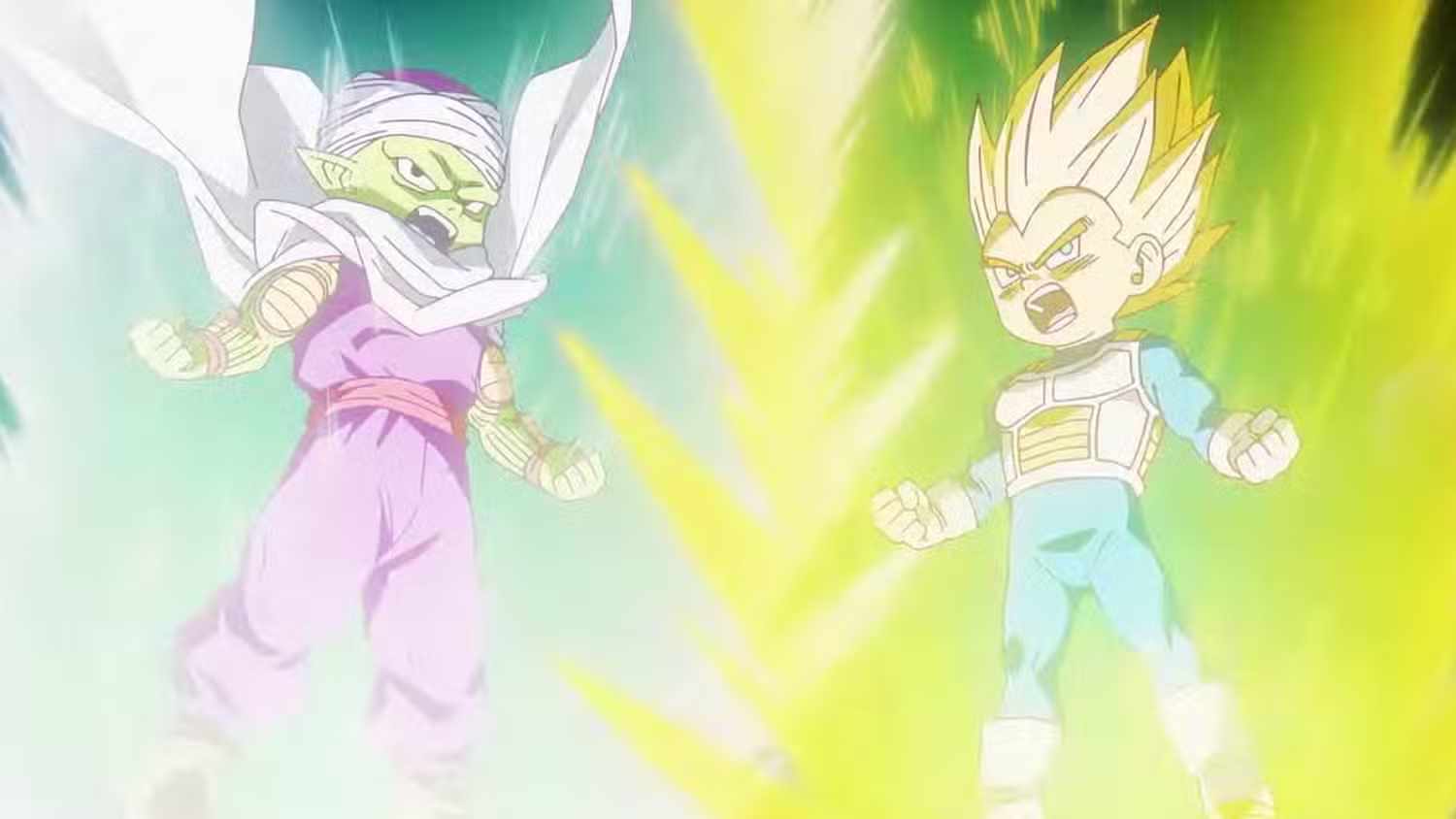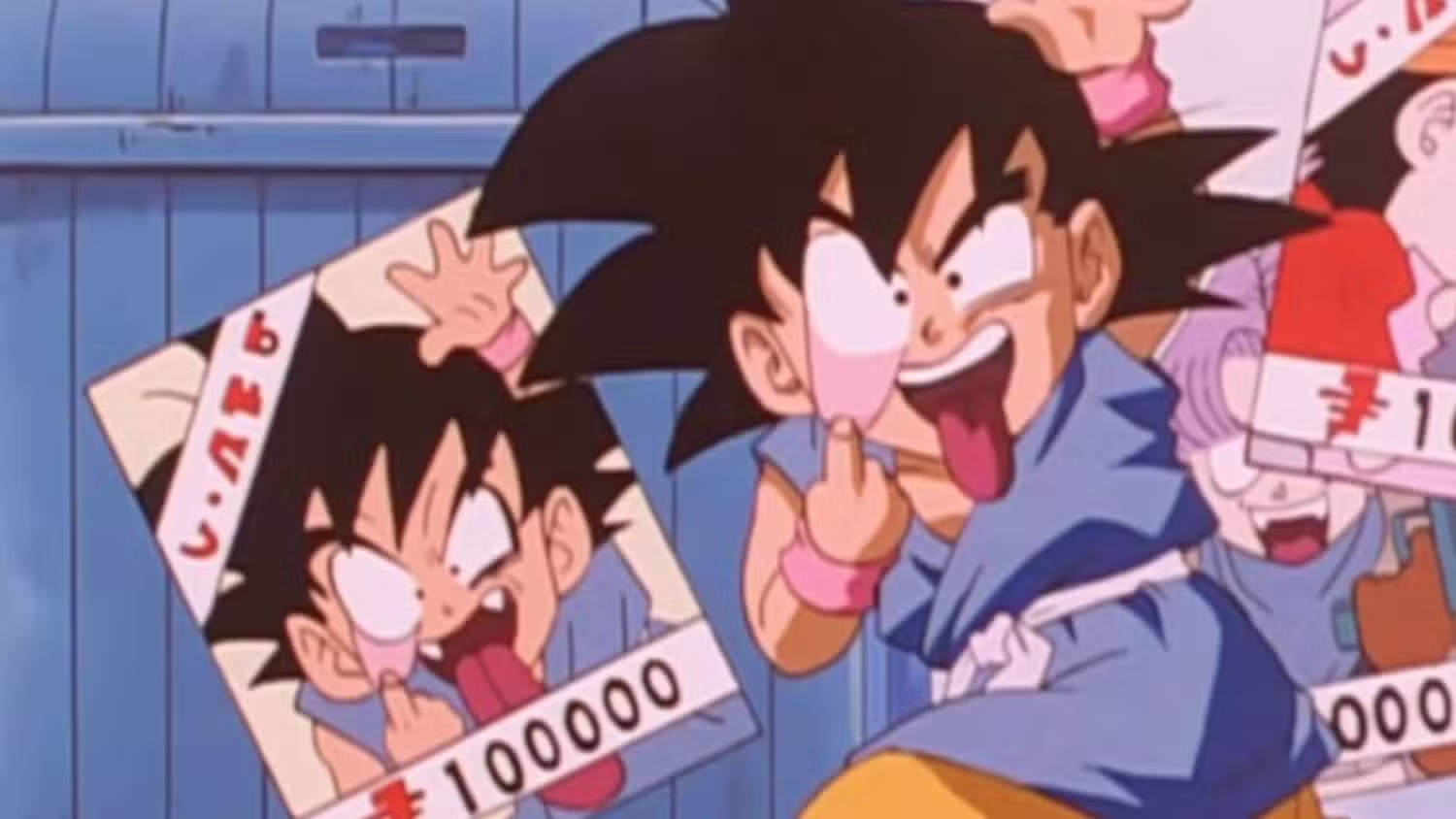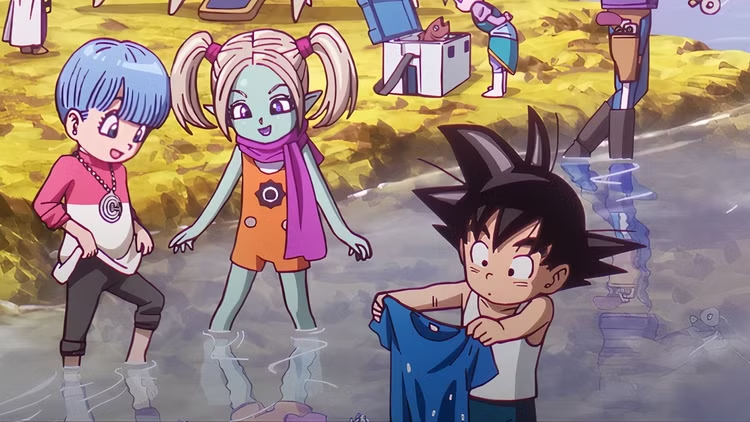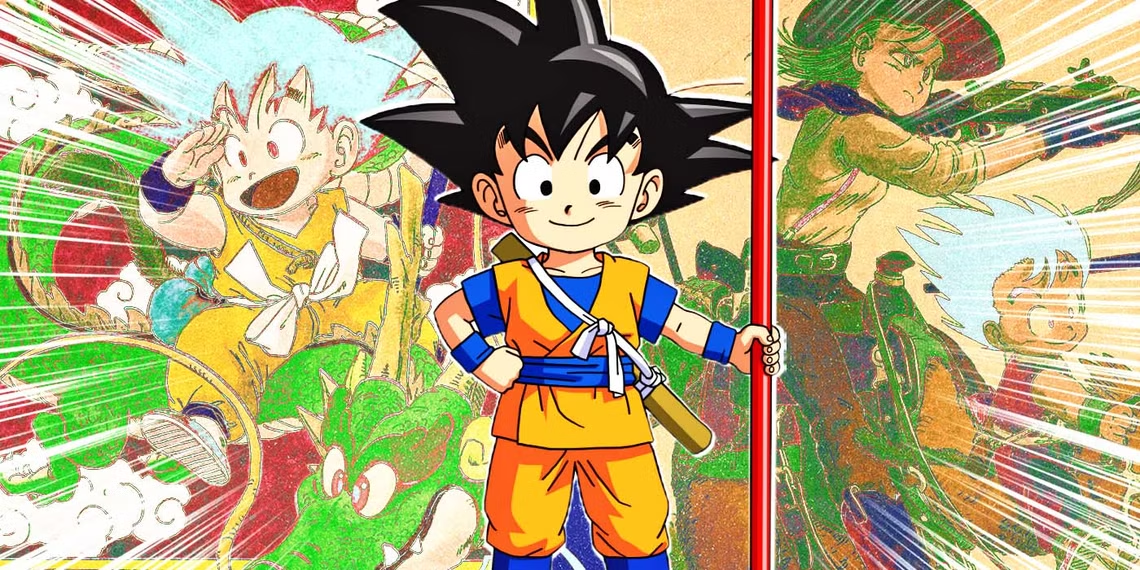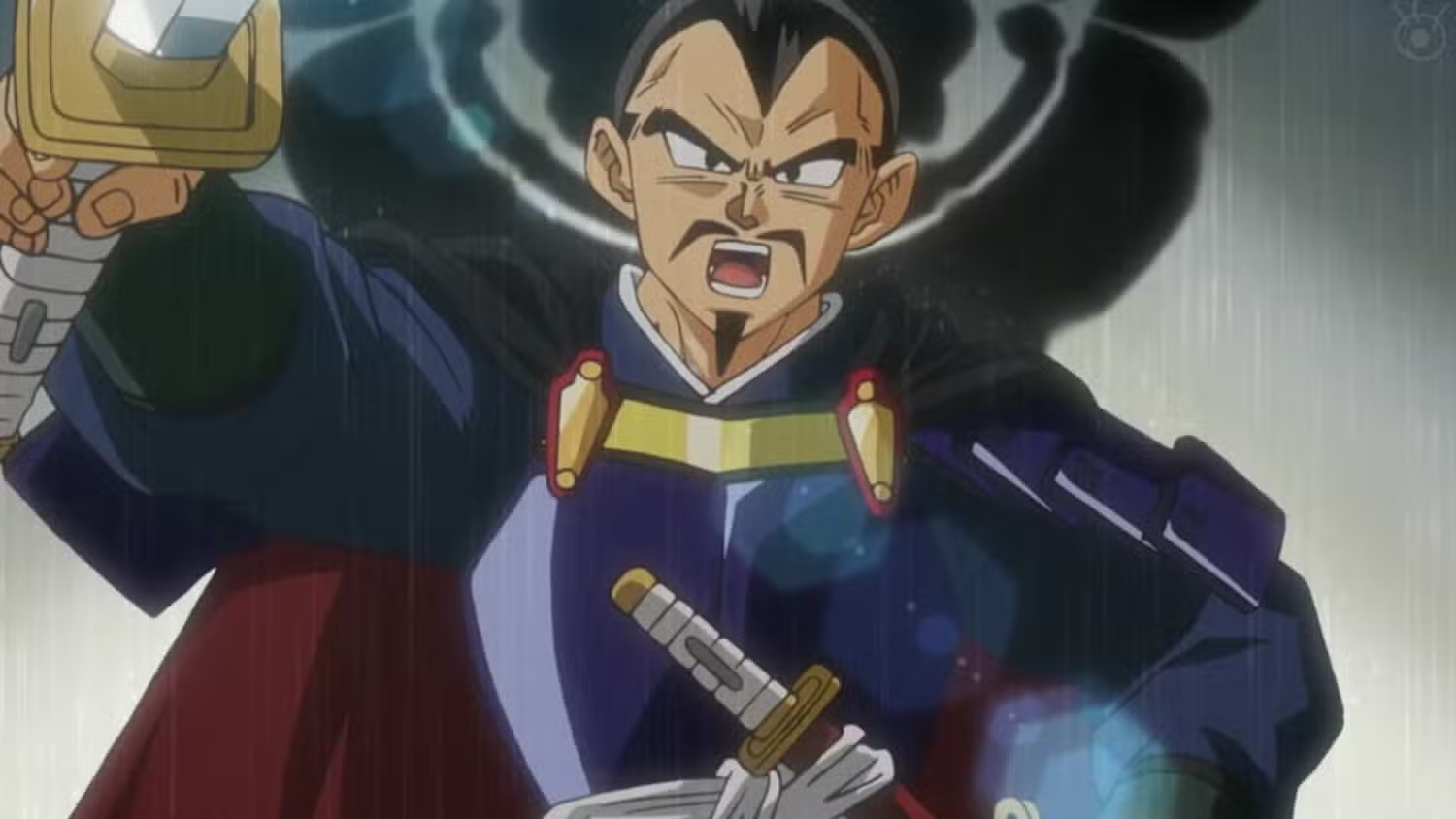In the digital age, social media has become an integral part of daily life, transforming the way people connect, communicate, and share information. As technology continues to evolve at an unprecedented rate, it plays a pivotal role in enhancing social media platforms and providing users with powerful tools that help improve their social experience. From artificial intelligence (AI) to machine learning, the advancements in technology are not only reshaping how we interact but also influencing the broader social landscape.
1. AI-Powered Personalization
One of the most significant ways technology has revolutionized social media is through AI-driven personalization. Platforms like Facebook, Instagram, YouTube, and TikTok use sophisticated algorithms that analyze user behavior and preferences to deliver tailored content. These algorithms track likes, comments, shares, and even the time spent on different posts to curate a feed that aligns with an individual’s interests and habits. The more users engage with content, the smarter the algorithm becomes, constantly refining what it shows based on past interactions.
This level of personalization enhances user experience, making it more relevant and engaging. For businesses and influencers, this also means more precise targeting for advertisements, which in turn can improve engagement rates and conversion.
2. Chatbots and Customer Service Automation
AI-powered chatbots have become increasingly common on social media platforms, especially for businesses. These bots use natural language processing (NLP) to understand and respond to customer inquiries, making interactions smoother and more efficient. Whether it’s answering FAQs or guiding users through a product purchase, chatbots are available 24/7, providing quick and accurate responses without the need for human intervention.
This technology not only improves customer satisfaction by offering instant support but also helps businesses reduce operational costs and improve the scalability of their services.
3. Image Recognition and Content Moderation
Another area where technology is making strides is in content moderation. With billions of posts uploaded daily, monitoring the vast amount of content on social media platforms is a monumental task. AI-driven image and video recognition technologies are now able to automatically detect inappropriate or harmful content such as hate speech, graphic violence, or nudity.
These AI systems can flag or even remove offending content without human oversight, allowing for faster and more accurate moderation. This helps maintain a safer online environment, ensuring that users experience less exposure to harmful content. Additionally, image recognition technology is helping platforms enhance search functions, enabling users to search for images or videos by analyzing visual content, rather than just relying on text-based keywords.
4. Enhanced Social Connectivity through Virtual Reality (VR) and Augmented Reality (AR)
Virtual Reality (VR) and Augmented Reality (AR) technologies are starting to redefine how people interact on social media. Platforms like Facebook (now Meta) are heavily investing in the development of the “metaverse,” a virtual space where users can interact with each other in immersive 3D environments. VR and AR enable a more interactive and engaging experience, whether it’s through virtual meetups, gaming, or product try-ons.
Snapchat and Instagram, for instance, have integrated AR filters that allow users to overlay fun graphics and animations on their photos and videos. These immersive features provide a new layer of creativity and interaction, bringing social media content to life in ways that were once unimaginable.
5. Social Media Analytics and Insights
Data analytics tools are empowering individuals, businesses, and organizations to understand and optimize their social media presence. Platforms like Twitter, Instagram, and LinkedIn offer detailed insights into user engagement, demographics, and content performance. By leveraging these analytics, users can track their growth, measure the effectiveness of their posts, and adjust their strategies accordingly.
For businesses and marketers, these insights provide an invaluable understanding of consumer behavior and preferences, enabling them to craft more effective campaigns and drive higher ROI. The integration of AI and machine learning further refines this process, offering predictive analytics that can forecast trends, user sentiments, and potential viral content.
6. Voice Recognition and Command Features
With the increasing popularity of smart devices, voice recognition technologies are playing a growing role in how people interact with social media. Platforms such as Twitter and Facebook are incorporating voice recognition features to make it easier for users to post updates, send messages, or perform searches using only their voice.
This technology is particularly useful for individuals with disabilities or those who prefer hands-free interaction. It also reflects the broader trend of simplifying user experiences through voice commands, aligning with the rise of voice-activated assistants like Siri, Alexa, and Google Assistant.
7. Fighting Misinformation with AI and Machine Learning
The spread of misinformation and fake news has become a significant challenge on social media. However, AI and machine learning technologies are being harnessed to help tackle this issue. Social media platforms are deploying algorithms that analyze the credibility of sources and identify misleading or false information. These systems flag suspicious content, helping to reduce the circulation of inaccurate or harmful stories.
Additionally, fact-checking organizations are collaborating with social media companies to verify information in real-time, creating a more informed online environment. While these technologies are still evolving, they are becoming increasingly effective at promoting truthfulness and accountability in online spaces.
Conclusion: Shaping the Future of Social Media
The role of technology in shaping the future of social media is undeniable. From AI-driven personalization to voice recognition and immersive AR experiences, technological advancements are continuously enhancing the ways people connect and communicate online. As these technologies continue to develop, we can expect social media to evolve into even more dynamic, personalized, and engaging platforms.
At the same time, it is essential to recognize the ethical implications and challenges that come with such powerful technology. As social media becomes increasingly sophisticated, it will be crucial for platforms, regulators, and users to work together to ensure that these advancements are used responsibly, promoting positive, inclusive, and authentic interactions online.
The convergence of technology and social media offers endless possibilities, and the journey of discovery has only just begun.
Nono4D
Nono4D
Nono4D
Nono4D
Nono4D
Nono4D
Nono4D
Nono4D
Nono4D
Nono4D
Nono4D
Nono4D
Nono4D
Nono4D
Nono4D
Nono4D
